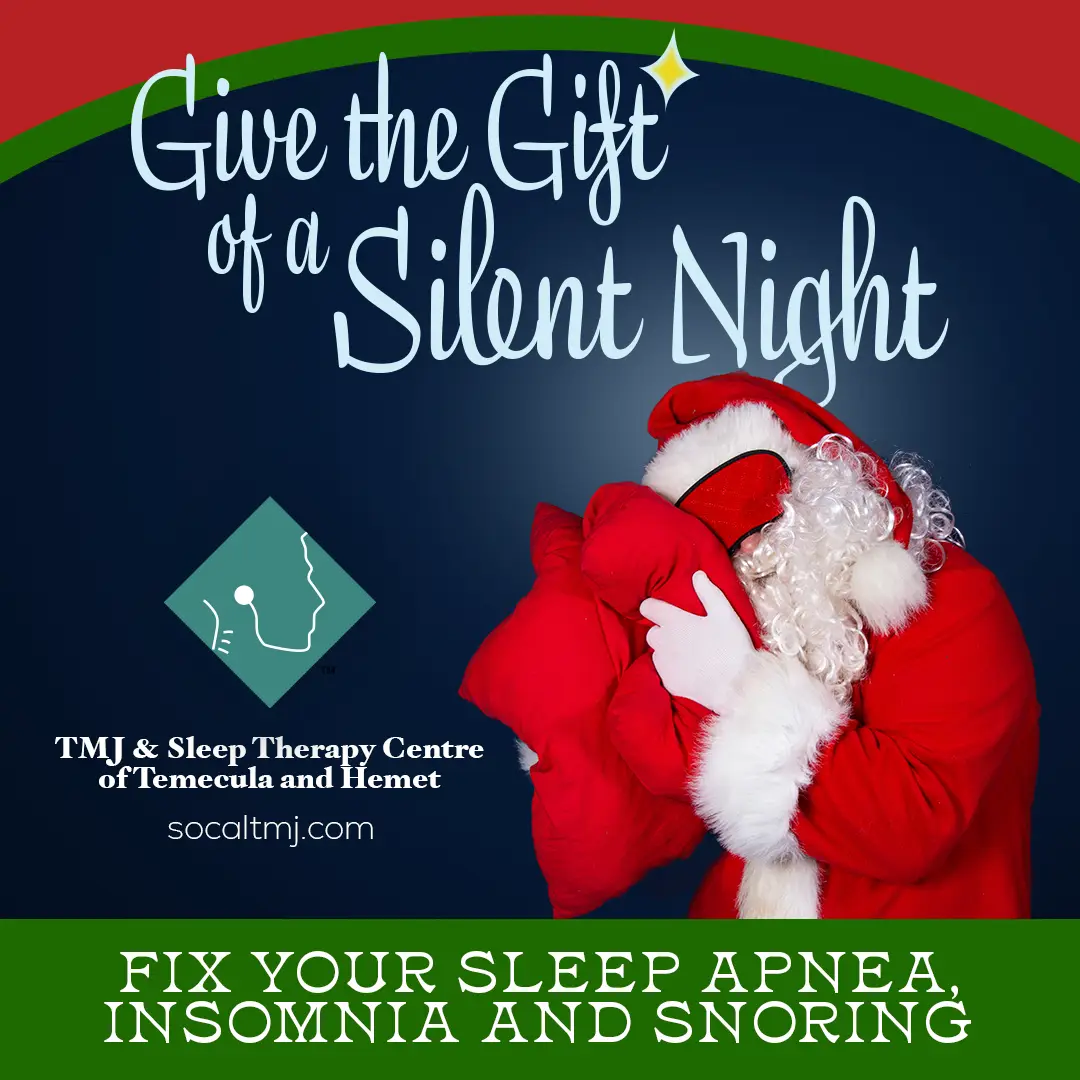Dyskinesia
Dyskinesia and TMJ Disorders: Understanding the Connection
Dyskinesia refers to involuntary and uncontrolled movements of the muscles, often affecting the face, jaw, and tongue. When related to temporomandibular joint (TMJ) disorders, dyskinesia can manifest as erratic jaw movements, difficulty in chewing, or an inability to control the jaw’s position. These movements may be caused by underlying neuromuscular dysfunction, prolonged stress on the TMJ, or even side effects from medications. Left untreated, TMJ-related dyskinesia can lead to chronic discomfort, misalignment of the bite, and worsening joint function.
Recognizing the Symptoms of TMJ-Related Dyskinesia
Individuals experiencing TMJ-related dyskinesia often report involuntary jaw spasms, clicking or popping sounds when opening and closing the mouth, muscle fatigue, and even episodes of jaw locking. These symptoms can contribute to headaches, facial pain, and difficulties with eating and speaking. In some cases, patients may develop bruxism (teeth grinding) or other repetitive muscle contractions, further exacerbating their TMJ dysfunction. If you are struggling with abnormal jaw movements or persistent discomfort, seeking professional evaluation is essential to prevent further complications.



